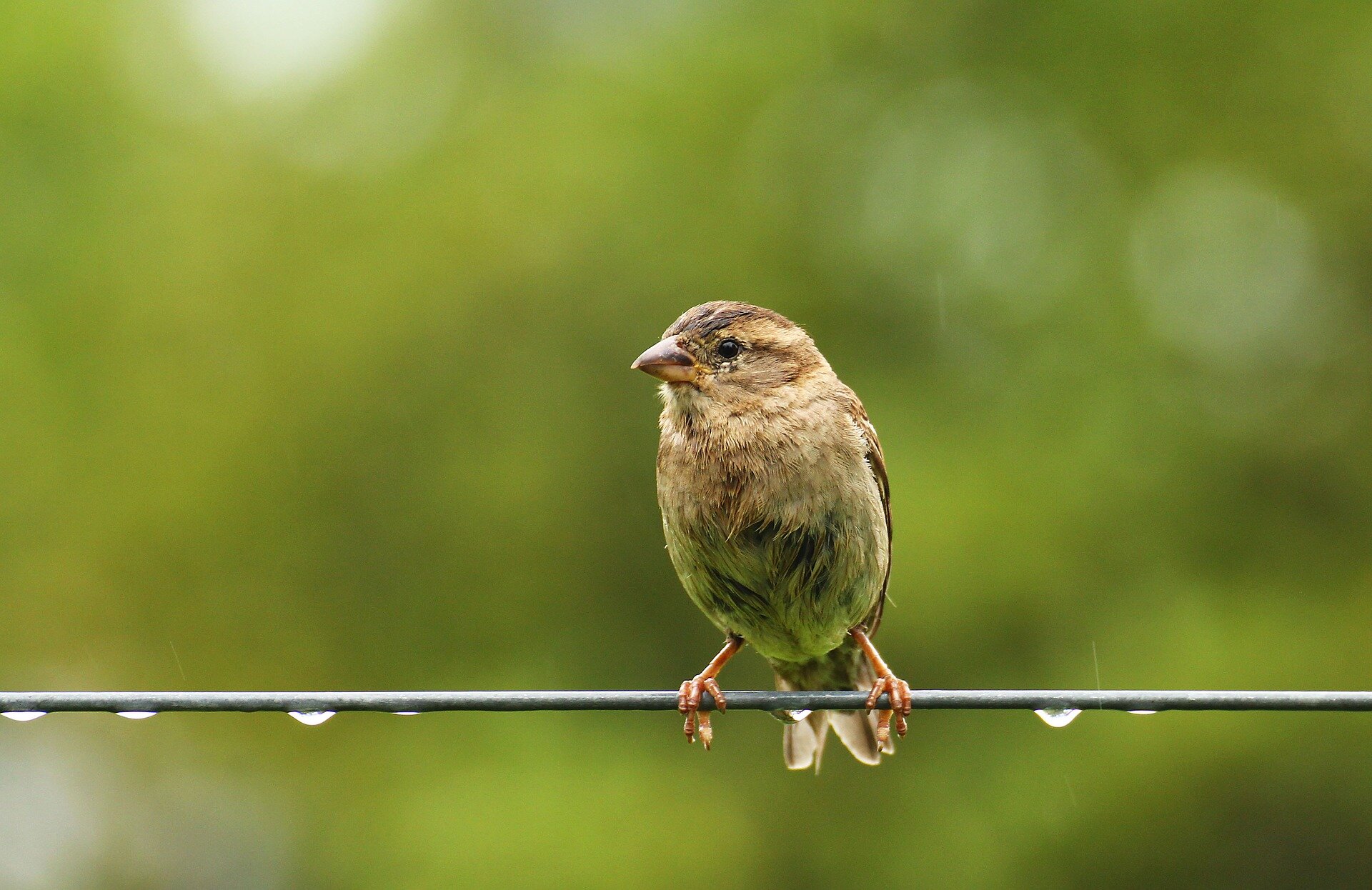I spent this weekend signing books at RI Comic Con, likely my last one in RI for a while. I’m always exhausted on the Monday following a Con, and this Monday is no exception, but it’s always worth it!
I love interacting with readers, aspiring writers, and fans. I especially love moderating panels and facilitating discussions on some of my favorite topics like world-building and character development. This year, we had several people stop by to tell us they always look forward to the panels we host. Super gratifying!
Character development, in the context of storytelling, is a great discussion topic, and our panel titled “A Hero, an Anti-hero, and a Villain Walk into a Bar” generated quite a lively conversation. If you missed the panel but are interested in the topic, here’s a post I wrote for another blog that captures some of the main points:
The Intersection of Plot and Character Development
It’s fun to explore the various aspects of creating a character’s backstory, defining and developing the hero, the anti-hero, and the villain, and considering the places where plot and character development intersect. Really, this last part is where the good stuff happens!
Developing your character’s backstory helps bring authenticity and depth to them. It helps explain why they are the way they are, and how they got to this point. But, your character doesn’t remain stagnant throughout their adventure. All the heartbreak, strife, love affairs, battles, and mistakes have an impact. They emerge on the other side of their grand tale a changed person.
An Abridged Hero’s Journey
Think of it this way – a character’s essential character, and their backstory, informs the plot. Then, as the story moves forward, the plot pushes the character’s development. We can use a Cliff Notes version of The Hero’s Journey as an example. We meet the hero of the story just as they are ready to leave home on some sort of quest, adventure, or journey. Their life experience and personality up to this point helps determine how they respond to this call to action. Are they reluctant, over-eager, clueless, or jaded? Why?
Once the adventure begins, the character will meet challenges and have experiences that will further shape them. Their responses are initially influenced by their past and by their personality, but during the course of their journey, growth happens and change occurs. When the character returns ‘home,’ they have been altered by revelations, relationships, loss, and any other meaningful experience we choose to throw into their path.
Agency
In the intersection of plot and character development, we can explore agency. Agency, in this context, is defined as the capacity of the character to act independently and make their own free choices. Rather than reacting, our character is acting.
Let’s use Katniss Everdeen in the Hunger Games as an example. When we meet Katniss, she volunteers to take her sister’s place as Tribute for the games. While this could be considered ‘acting’ in a way, I’d argue that based on her relationship with her sister, her personality, and all her life experience to this point, Katniss really couldn’t have reacted any other way.
However, by the end of the first book, after all the drama and trauma she’s faced, Katniss stands up to the game-makers and refuses to play. When she and Peeta decide they would rather both die than kill each other, there is real agency in the moment, and it’s a very powerful moment because of this.
The Cost is Real
Science fiction and fantasy writers tend to deal with grand adventures, epic battles, and not-so-subtle heroes and villains. We write big! Sometimes, this can be at the expense of character development. In order to bring more depth to this part of our narrative, an area we can focus on is showing the fallout of trauma on our characters.
If we’ve subjected them to loss, torture, or war, there should be an appropriate emotional impact. We may want our characters to be larger than life, but if we don’t at least acknowledge their pain and suffering, we’ve missed an opportunity to give them depth. If we rush them through a recovery after a devastating injury, or don’t give them any baggage after years of war, we are presenting a one-dimensional view of them. The hero, displaying only heroic qualities, is boring. It’s the struggle that our readers are after.
Plot and character development are inextricably linked in our storytelling. We can create a well-formed character, with a compelling backstory and personality, and use plot action to push their continued growth and evolution.
The weekend was long but wonderful. If you stopped by my table to buy a book or simply to say hello, thank you. It really means a lot to me. As Ray and I wind down our time in RI and look toward our next great adventure, I’m so grateful to have met all of you and for the great memories!
IN OTHER NEWS:
Save the date! - The RI Author Expo is coming soon! On Saturday, December 3rd, meet your favorite local authors at the Crowne Plaza in Warwick. Signed books make great holiday gifts! More info coming soon…


